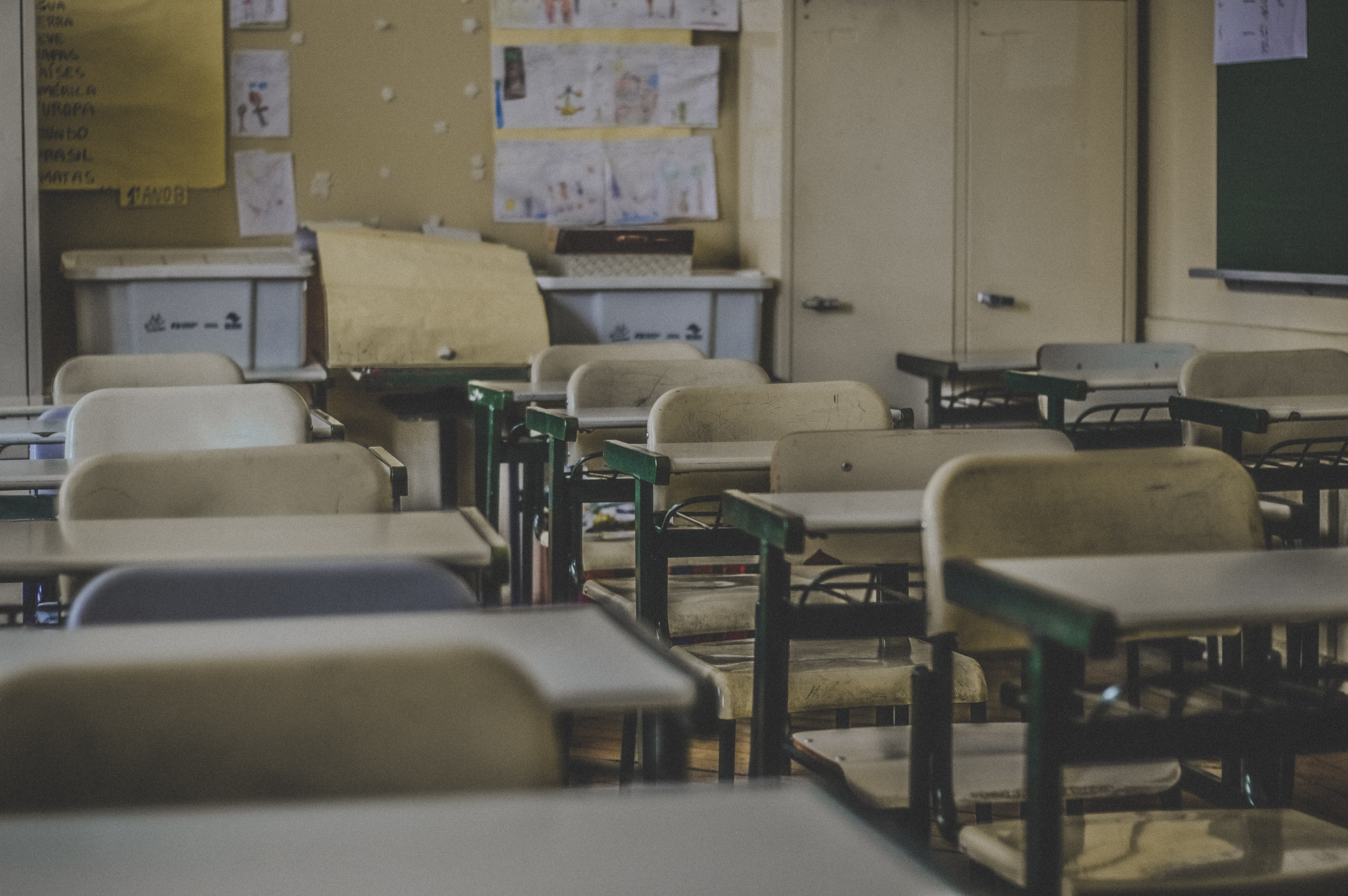Greater Houston Partnership Statement on Houston ISD’s STAAR Performance
Published Aug 17, 2023 by Brina Morales
The release of preliminary HISD STAAR results by the Texas Education Agency for the previous school year (2022-23) provides ample evidence of why a new approach in Houston ISD is needed.
- Across all grades (3-8), only 43% of HISD students met grade level standard on Reading – a 7 point drop from the previous year. HISD now lags the state by 8 points.
- Across all grades (3-8), only 35% of HISD students met grade level standard in Mathematics – a 2 point drop from the previous year. HISD now lags the state by 11 points.
- Across tested grades (5,8), only 30% met grade level standard in Science – a 4 point drop from the previous year. HISD now lags the state by 9 points.
The above averages include students across all racial demographics. Unfortunately, Black and Hispanic students underperform these averages in all categories.
New Education System (NES) and New Education System Aligned (NESA) schools in HISD lag non-NES schools in every indicator, suggesting that the new HISD administration is focusing on the right campuses for needed improvements.
“The Houston community has a unique opportunity and responsibility to change the paradigm at HISD to one focused on student achievement in every neighborhood and every school across our community,” said Bob Harvey, President and CEO of the Greater Houston Partnership. “In an atmosphere where every proposed change by the new administration faces organized resistance from adults invested in the status quo, we should recall what brought us to this point: the failure of previous HISD administrations and elected board members to afford the opportunity for a quality education to each and every student.”
 Press Releases
Press Releases




















